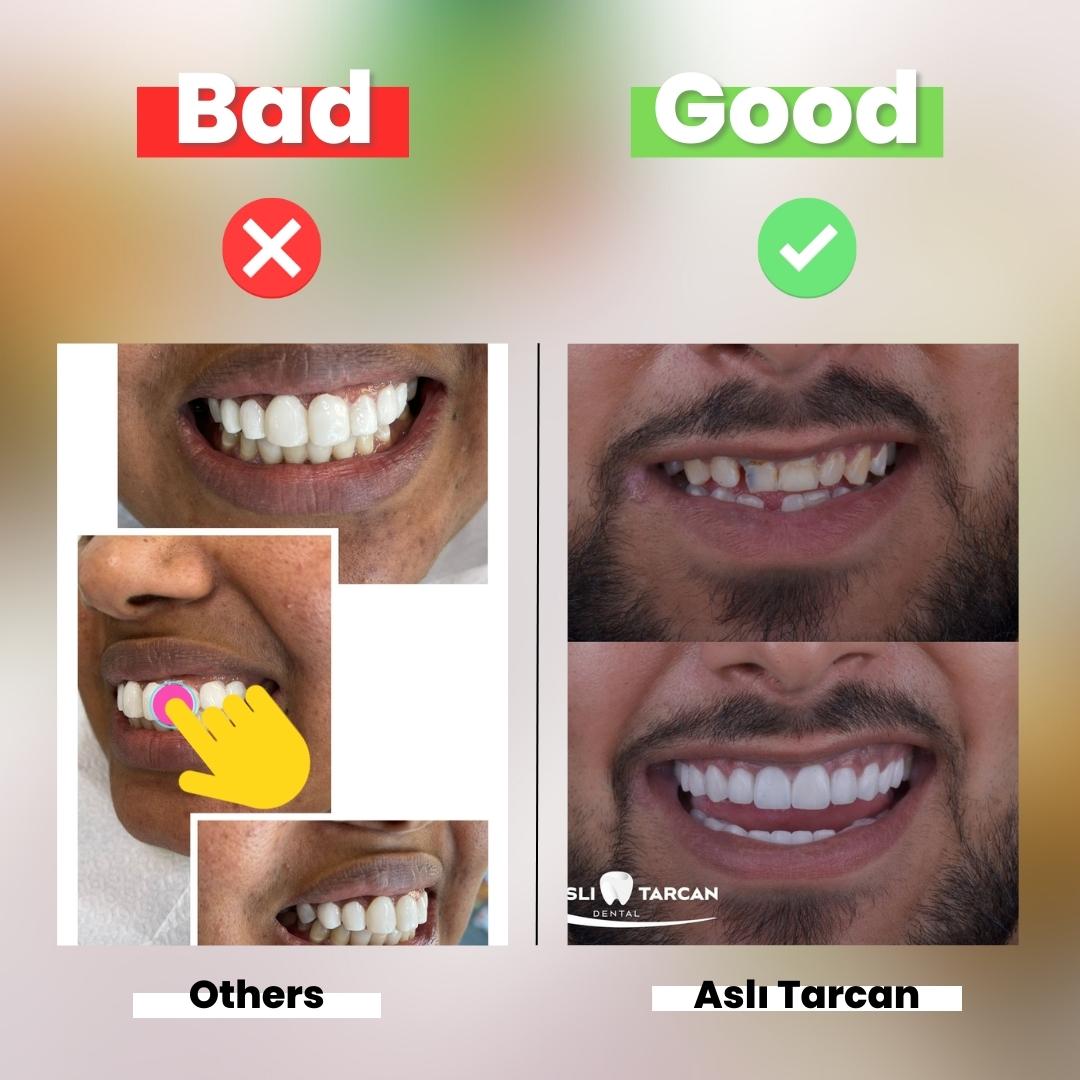
Dental Treatments: A Comprehensive Guide to Oral Health Care
Maintaining good oral health is essential for overall well-being and quality of life. Dental treatments encompass a wide range of procedures aimed at preventing, diagnosing, and treating various dental issues, from routine cleanings to complex restorative procedures. In this comprehensive guide, we’ll explore the different types of dental treatments available and their importance in promoting oral health.
Preventive Dental Treatments
- Dental Cleanings: Regular dental cleanings, typically performed by a dental hygienist, remove plaque and tartar buildup from the teeth and gums, reducing the risk of cavities, gum disease, and bad breath.
- Dental Examinations: Routine dental examinations allow dentists to assess the overall health of your teeth, gums, and oral tissues, enabling early detection and treatment of any dental problems.
- Dental Sealants: Dental sealants are thin plastic coatings applied to the chewing surfaces of the back teeth to protect them from decay. They are especially beneficial for children who may have difficulty cleaning their molars effectively.
- Fluoride Treatments: Fluoride treatments help strengthen the enamel of the teeth, making them more resistant to decay. Fluoride can be applied topically during a dental cleaning or administered through fluoridated water and toothpaste.
Restorative Dental Treatments
- Fillings: Dental fillings are used to repair teeth that have been damaged by decay or trauma. Traditional fillings are typically made of silver amalgam or tooth-colored composite resin.
- Crowns and Bridges: Crowns are custom-made caps that cover a damaged or weakened tooth to restore its strength, function, and appearance. Bridges are used to replace one or more missing teeth by anchoring artificial teeth to adjacent natural teeth or dental implants.
- Dental Implants: Dental implants are titanium posts surgically placed into the jawbone to serve as artificial tooth roots. They provide a stable foundation for dental restorations such as crowns, bridges, or dentures, restoring function and aesthetics.
- Root Canal Therapy: Root canal therapy is a procedure used to treat infected or damaged tooth pulp, the soft tissue inside the tooth. During the procedure, the infected pulp is removed, and the tooth is cleaned, disinfected, and sealed to prevent further infection.
Cosmetic Dental Treatments
- Teeth Whitening: Teeth whitening treatments are used to brighten and lighten discolored or stained teeth, improving the appearance of your smile. Both in-office and at-home whitening options are available.
- Dental Veneers: Dental veneers are thin shells made of porcelain or composite resin that are bonded to the front surface of the teeth to correct imperfections such as chips, cracks, or discoloration.
- Dental Bonding: Dental bonding involves the application of tooth-colored composite resin to repair chipped, cracked, or misshapen teeth, enhancing their appearance and restoring symmetry to the smile.
- Gum Contouring: Gum contouring, also known as gum reshaping, is a cosmetic procedure used to improve the appearance of the gum line by removing excess gum tissue or reshaping uneven gums, resulting in a more proportionate and aesthetically pleasing smile.
Conclusion
Dental treatments play a crucial role in maintaining oral health and preserving the function and aesthetics of your smile. Whether you require preventive care, restorative procedures, or cosmetic enhancements, consulting with a qualified dentist can help you achieve optimal oral health and confidence in your smile. Remember to practice good oral hygiene habits at home and schedule regular dental check-ups to ensure a lifetime of healthy smiles.


